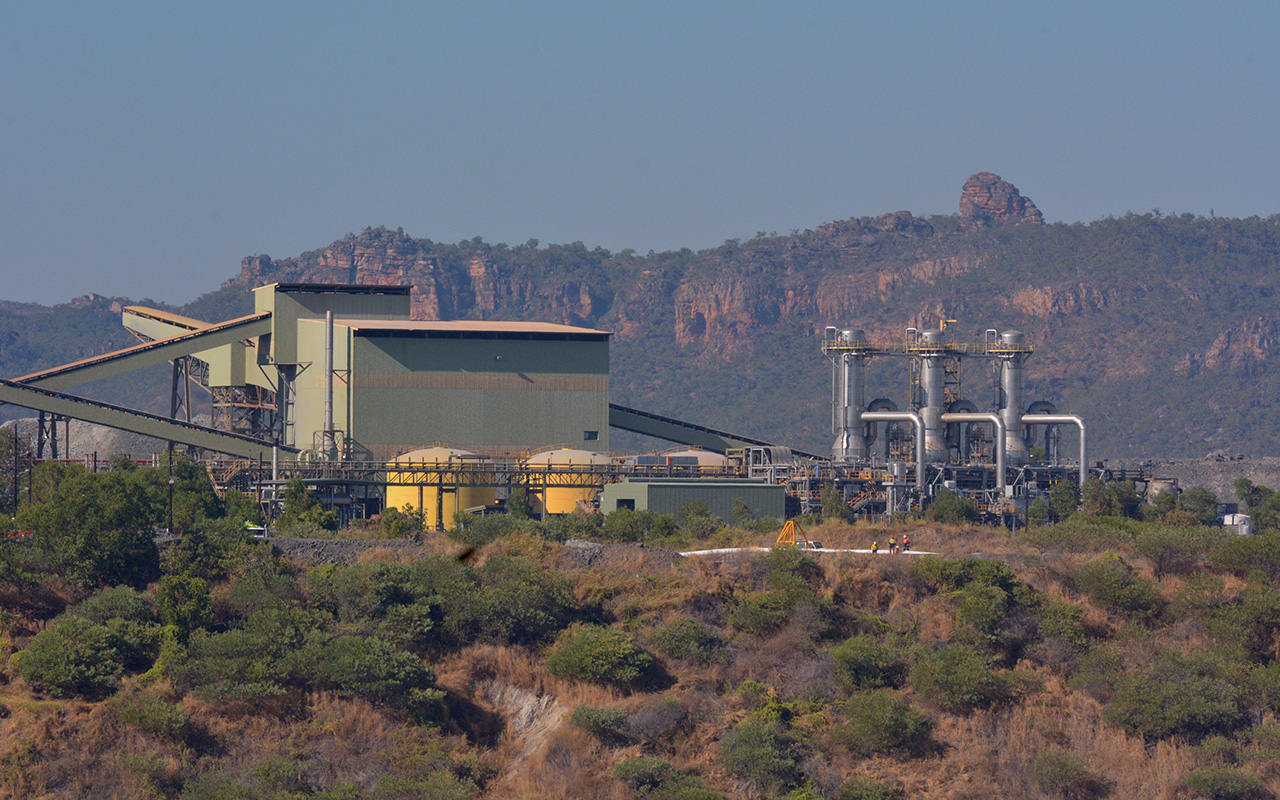FINGER-pointing and shaming of Top End Aboriginal people does nothing to solve the question of documented increased stillbirth and cancer rates in the wake of the 40-year Ranger uranium mine, particularly in light of the proposed Beetaloo Basin mine construction.
Dr Rosalie Schultz, Adjunct Senior Lecturer at Flinders University’s Centre for Remote Health in Alice Springs, wrote in the MJA that the federal government was still not consulting enough with Aboriginal community leaders.
Work began on the Ranger mine in 1980, on land that was excised from the Kakadu National Park World Heritage site. Legislation vetoed Aboriginal rights and detrimental impacts on the people were anticipated. The mine was open until early 2021 when it closed as expected. It is now undergoing a 5-year rehabilitation process.
Over the 40 years of operation, there were over 200 leaks, spills and other incidents documented.
The Gundjeihmi Aboriginal Corporation, which represents the Mirarr people of the region, was concerned when the mine operators lodged a proposal to expand in 2014 despite elevated rates of stillbirth and cancer among the Aboriginal people in the region. This sparked a 6-year investigation commissioned by the Northern Territory Chief Health Officer, which was publicly released in late 2020.
The report confirmed what everyone knew.
“Elevated stillbirth and cancer incidence rates among Aboriginal people living near the Ranger mine compared with other Aboriginal people in the Top End were confirmed. Stillbirth was over twice as common and cancer about 50% more common,” Dr Schultz wrote.
However, the report failed to find a cause for the cluster.
Dr Schultz wrote that the report into the cluster was detailed and involved a high level of expertise, but the view was also very narrow. The major area of investigation was an increase of stillbirths and cancers because of exposure to ionising radiation, which was considered the worst-case scenario.
The report didn’t find that ionising radiation was the cause and Dr Schultz told InSight+ that wasn’t surprising.
“When you look at cluster investigations, they usually don’t find a cause. They just exclude the narrow things they look at,” she said.
Instead, the report highlighted higher rates of tobacco and excessive alcohol consumption. They wrote: “This study did not find direct evidence that higher prevalence of smoking or alcohol consumption in members of the G-K [Gunbalanya-Kakadu] cohort contributed to their higher cancer incidence or fetal death rate.”
According to Dr Schultz, this type of finger-pointing isn’t helpful.
“In the bigger picture cancer is a very complicated disease, and it’s caused by lots of things together. In particular, it’s caused by disempowerment, inequality, the causes of the causes,” she said.
“[Those factors] were too complicated for [the investigation] to think about. It was much easier to go into the health record and tick off the people who smoke and say ‘too many people smoke, let’s blame them’ and that’s the end.”
Dr Schultz told InSight+ the report lacked consultation with local communities.
“They didn’t talk to Aboriginal people, they didn’t look at the history and they didn’t look at the previous documents that explained how Aboriginal people were worried about (the project).
“They needed to go further and ask ‘why do you think there might be higher cancer rates, what can we do to investigate this, and even further than that, we’ve got this problem, what can we do about it?’” she said.
Of particular concern is the fear that it’s all going to happen again. The federal government has invested millions into the fast-track of the Beetaloo Basin mine exploration, an area that is approximately 500 km south-east of Darwin.
It’s part of the Morrison government’s “gas-led recovery” and $50 million has already been handed out to help the gas industry.
“We are about to do the same thing again with mining for gas in the Beetaloo Basin,” Dr Schultz said.
“The Aboriginal landowners don’t want that mine. Not only are we not dealing with what we’ve already done, we’re creating the same thing again.”
Aboriginal groups say their voices have been silenced. The Gudanji, Yanyuwa, Garrwa, Jingili, Mudburra and Alawa nations have been fighting against the Beetaloo Basin mine since its announcement earlier in 2021.
They have published an open letter to the Morrison government protesting fracking in the Northern Territory and have amassed over 38 000 signatures.
A parliamentary inquiry is underway in Canberra with an interim report expected on 24 August 2021, and a final report in March 2022.
Dr Schultz said until governments listen to First Nations people, nothing will change, particularly when they’re continually experiencing such disempowerment.
“People are worried about their land and they’re worried about the mine and then the government wags their finger and says they shouldn’t drink and smoke so much.”
To close the gap in health care, Dr Schultz told InSight+ we need to understand the causes, not simply blame and shame people.
“Overall we need better oversight and care for people and care for the country,” Dr Schultz concluded.

 more_vert
more_vert
Restrictions need to be applied consistently across all LGAs and reasons for restrictions, for the presence of police and military needs to be properly explained, and not in the manner that sounds punitive and blaming. Confusion isn’t because people are idiots, it’s the woeful communication that is responsible, as well as the apparent lack of awareness by many govt and political officials of cultural norms amongst communities.